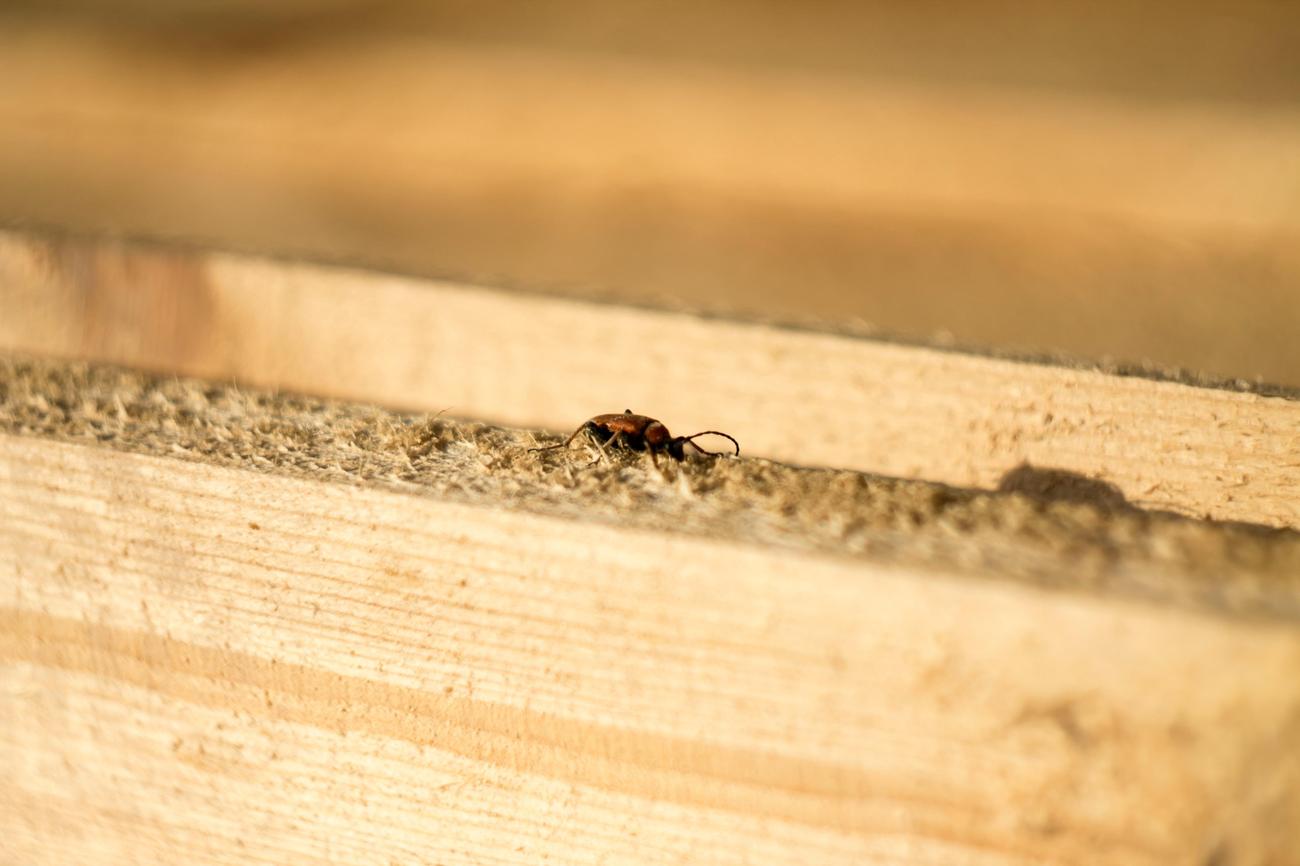Are you ready to embark on a journey of ecological discovery? Join me as we delve into the hidden world of termites, the unsung heroes of our ecosystems. In this article, we will unveil the vital ecological role that termites play in maintaining the health and balance of our natural habitats. From their incredible engineering feats to their role as nutrient recyclers, these tiny creatures are true guardians of ecosystem health. So, buckle up and get ready to explore the fascinating world of termites and the invaluable services they provide to our planet.

Ecological Role of Termites
When it comes to the intricate web of life within ecosystems, termites are often unsung heroes. These small insects play a vital ecological role of termites, acting as guardians of ecosystem health. It’s time we appreciate the immense contributions they make to the delicate balance of nature.
First and foremost, termites are experts at cycling nutrients and contributing to the carbon cycle. As they break down organic matter, such as dead plant materials or animal dung, termites release valuable nutrients back into the soil. This nutrient cycling is crucial for the growth and vitality of plants and other organisms in the ecosystem. In fact, termites are often responsible for returning nutrients to the soil at a faster rate than any other known organism.
But termites don’t just stop at nutrient cycling. They also provide food for a wide variety of organisms, from birds and reptiles to other insects. In this way, termites act as an important link in the food chain, sustaining the overall biodiversity of the ecosystem.
Another fascinating aspect of termites’ ecological role is their ability to create habitat modifications. Their intricate underground tunnels and mounds provide shelter and microhabitats for a multitude of organisms. These structures act as miniature ecosystem incubators, harboring diverse communities of plants and animals. Without termites, many organisms would lose their homes and struggle to survive.
Termites have also adapted to different environments, showcasing their versatility in the face of various challenges. They can be found in environments as diverse as rainforests, deserts, and grasslands. Their ability to thrive in such different conditions highlights their resilience and importance in maintaining ecological balance across the globe.
Moreover, termites are not just significant in natural ecosystems; they also hold economic importance as wood-destroying pests. While this may not be seen as a positive aspect from a human perspective, it underscores the ecological role of termites in breaking down dead wood and returning it to the environment in a usable form. Their actions help perpetuate the natural decay and recycling processes necessary for ecological balance.
Termites possess a remarkable social structure, with distinct divisions including kings, queens, workers, and soldiers. Each caste has a specific role to play in the termite society, ensuring the efficient functioning of the colony. This social organization is crucial for the survival and success of termites in their respective habitats.
Considering termites’ interactions with both living and nonliving surroundings, it’s fascinating to witness the range of behaviors they exhibit. From their feeding habits, devouring dead or live plant materials and even roots of healthy plants, to their impact on soil properties and pedogenesis, termites deliver a wide array of ecological functions. They significantly contribute to maintaining soil fertility and improving soil-hydraulic properties, making them ecological superheroes in maintaining healthy ecosystems.
In fact, the absence of termites can greatly disrupt ecosystem functioning, especially in the decomposition of plant material. Without their diligent work, dead plant matter would accumulate, impeding nutrient cycling and hindering the growth of new vegetation. Termites truly are the unsung heroes of decomposition and soil fertility.
To put it simply, termites act as the guardians of ecosystem health. With their unparalleled proficiency in nutrient cycling, their role in sustaining biodiversity through food chains, and the construction of intricate habitat modifications, they ensure the smooth functioning of ecosystems. Termites are nature’s secret keepers, silently working to maintain “ecosystem as usual.”
As an environmental researcher, I have spent years unraveling the mysteries of termites and their importance in promoting sustainability. It’s high time we recognize the ecological role of termites and appreciate the myriad contributions they make to our planet. By studying and conserving these remarkable insects, we can not only gain a deeper understanding of nature’s intricate workings but also work towards preserving the delicate balance of our ecosystems.
“Termites: The hidden guardians of ecosystem health.”
Here is an engaging paragraph with an active internal link:
Did you know that termites are not just pesky insects that can damage your home? They actually play a crucial role in ecosystems and have some surprising benefits! If you want to learn more about these fascinating creatures, check out our article on the 9 important aspects of termites. You’ll discover how they contribute to nutrient cycling, the structure of forests, and even medical research. Don’t miss out on this opportunity to delve into the hidden world of termites. Click here to read our article!
Please note that the format output in Hugo syntax would be:
Did you know that termites are not just pesky insects that can damage your home? They actually play a crucial role in ecosystems and have some surprising benefits! If you want to learn more about these fascinating creatures, check out our article on the 9 important aspects of termites. You’ll discover how they contribute to nutrient cycling, the structure of forests, and even medical research. Don’t miss out on this opportunity to delve into the hidden world of termites. Click here to read our article!

FAQ
Question 1:
What is the ecological role of termites?
Answer 1:
Termites play a vital role in ecosystems and biodiversity. They contribute to the carbon cycle, help cycle nutrients, provide food for various organisms, create habitat modifications, and are important for recycling nutrients and soil fertilization in forest ecosystems.
Question 2:
How do termites impact the environment?
Answer 2:
Termites have a significant impact on pedogenesis, soil properties, and soil functions in the tropics and sub-tropics. Their absence can disrupt ecosystem functioning, particularly in the decomposition of plant material. They also help maintain soil fertility and improve soil-hydraulic properties.
Question 3:
What are some adaptations of termites?
Answer 3:
Termites have adapted to different environments, from rainforests to deserts. They have a structured social life with divisions such as king, queen, workers, and soldiers. They interact with living and nonliving surroundings and deliver a wide range of behaviors.
Question 4:
Do termites pose any economic importance?
Answer 4:
Yes, termites are economically important as wood destroying pests. Their feeding habits can cause damage to wooden structures and crops. Understanding their ecological role helps in implementing effective pest management strategies.
Question 5:
How do termites contribute to the world’s ecosystems?
Answer 5:
Termites contribute significantly to world ecosystems by recycling materials and maintaining nutrient composition and balance. They help cycle nutrients, provide habitat modifications, and contribute to the carbon cycle. Their presence ensures healthy ecosystem functioning and resilience.
- Unveiling Bernhard Caesar Einstein’s Scientific Achievements: A Legacy in Engineering - July 15, 2025
- Uncover who is Jerry McSorley: CEO, Family Man, Business Success Story - July 15, 2025
- Discover Bernhard Caesar Einstein’s Scientific Contributions: Unveiling a Legacy Beyond Einstein - July 15, 2025















